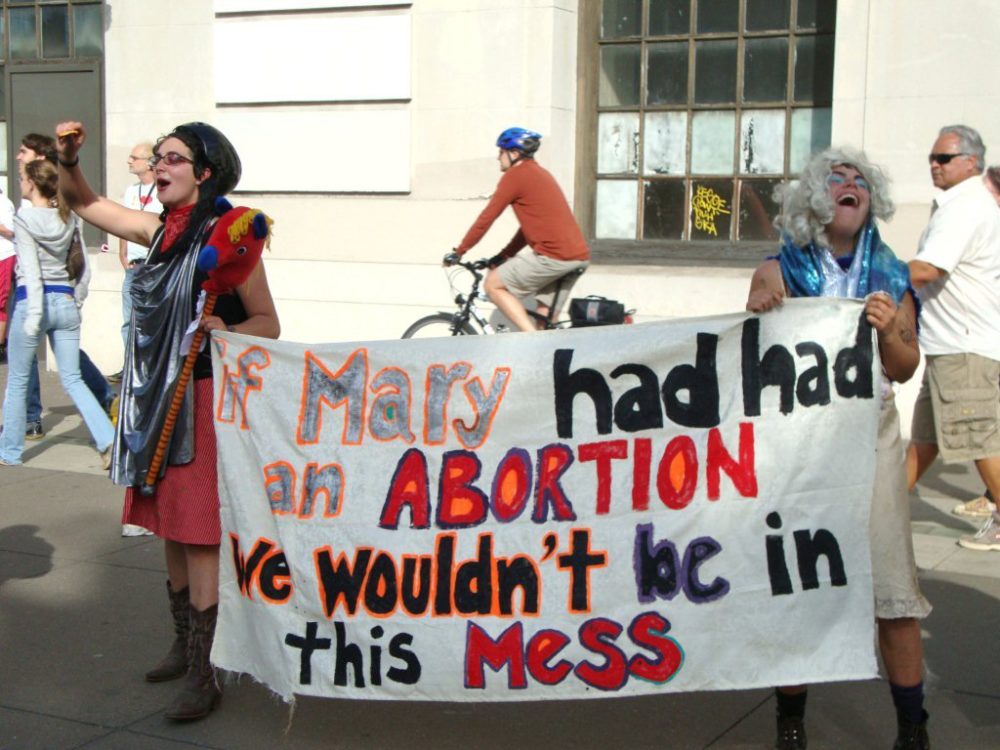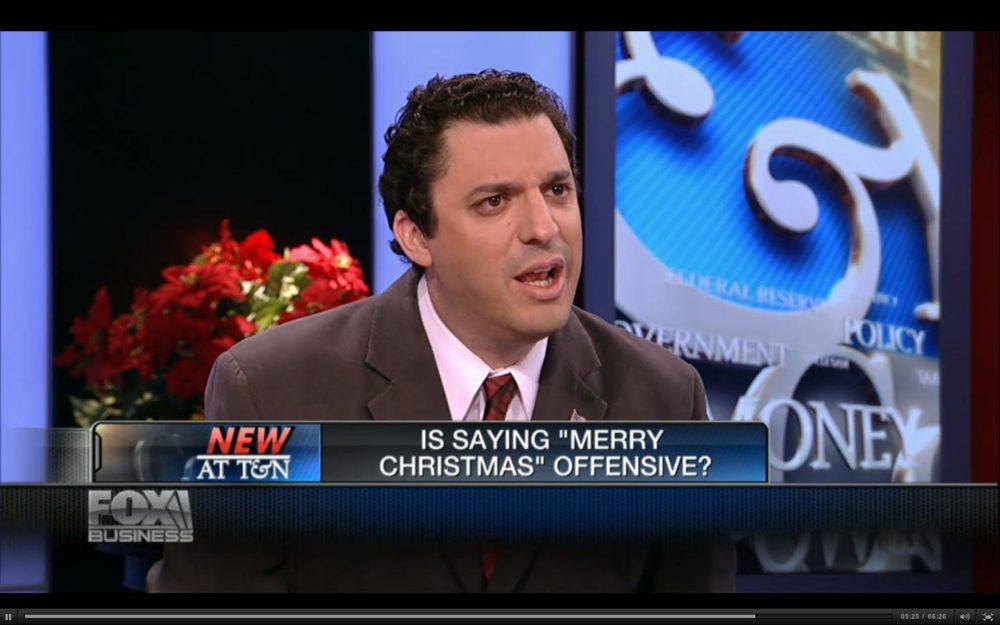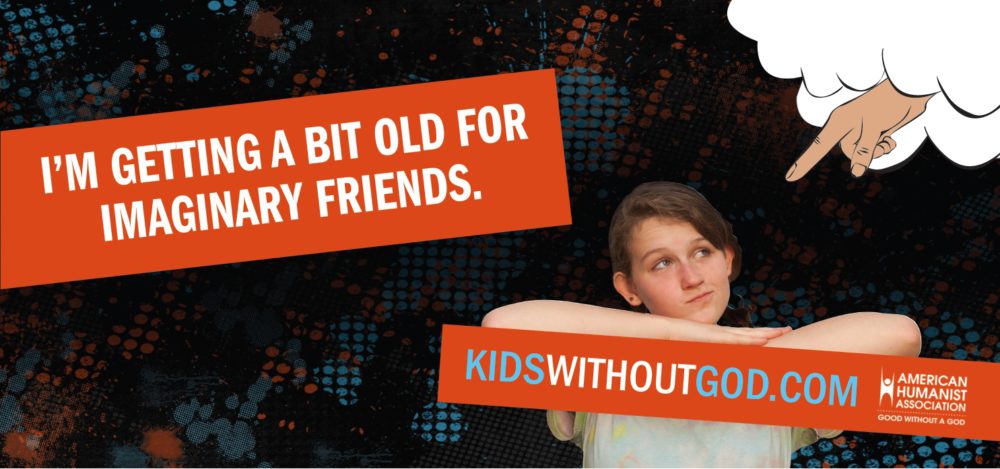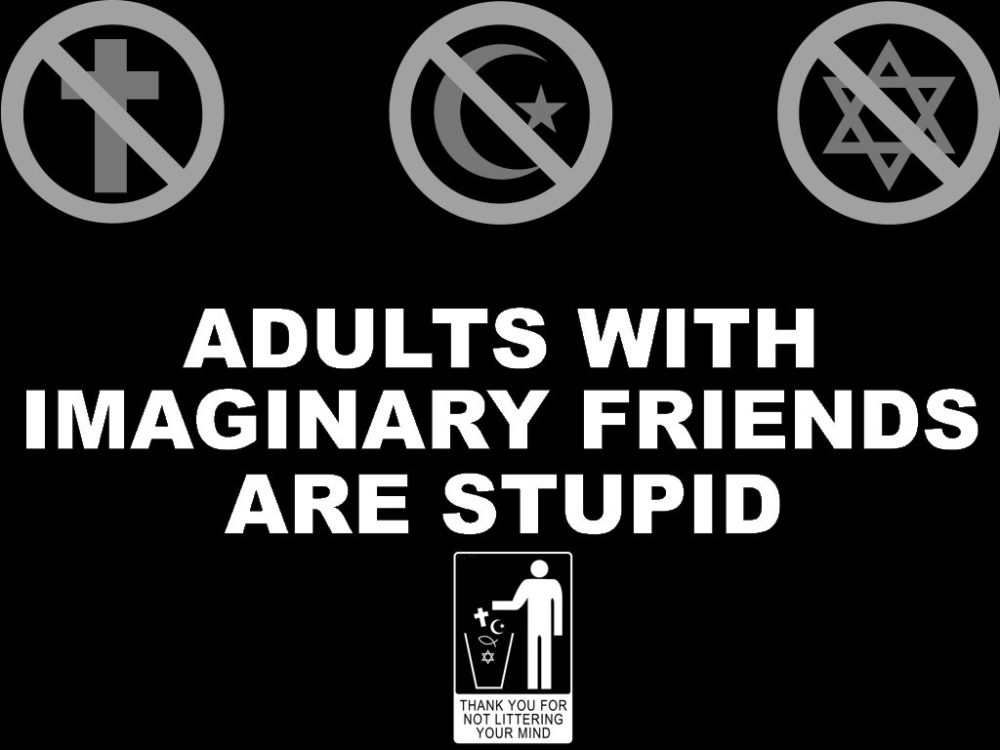By Intern Steven Payne
In the past decade, American society has begun a transition to an increasingly more secular state of existence. Petitions on www.change.org call for the removal of the phrase “In God We Trust” from American currency, as well as the removal of all references to religion from the Pledge of Allegiance. The military has also recently lost a legal battle against the Military Religious Freedom Foundation who had demanded that the Bible be removed from the “Missing Man” display, which honors members of the armed forces that went missing in combat. The Christian Mingle dating website recently lost a lawsuit against allowing homosexual couples onto the website, and Christian owned bakeries have been sued for not baking wedding cakes for gay weddings. Even this past week, after the new federal law requiring bathrooms to be inclusive for people who identify as transgender or identify as members of the opposite sex was passed, several churches in the Rust Belt and Bible Belt of the Continental US were informed that they may face Title IX trouble if they do not remove their male/female bathroom system in favor of a more inclusive bathroom. This has led members of the religious population to believe that a war on religion is beginning, or at the very least, that they are less welcome in America than before.
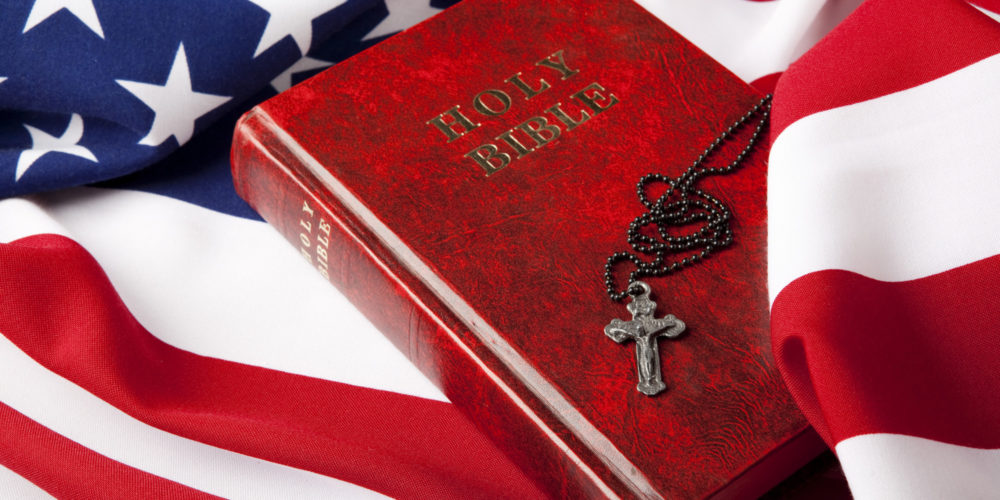
“We understand that not everybody is going to become a Christian, but we do believe that, as Jesus said in John 14, ‘I am the way, the truth and the light and no one comes to the Father except through me,'” First Baptist Church pastor Mark Bryant said. “So out of a sense of love for humanity, we want to share the gospel with them. That being said, with the freedom of speech and the freedom of religion, everybody has the choice to choose whatever religious practice that they want to have.”
Much of this stems from the concept of the “separation of church and state” which is found in the Establishment Clause of the First Amendment. This clause was written by the framers of the Constitution in order to ensure that religion does not become influenced by government authority, and to also ensure that religious groups could freely practice their faith without federal-imposed restrictions.
“The separation of church and state was never meant to keep the church out of the world, but rather to protect the church from the government having too much say,” Central Baptist Church pastor Bruce Stinson said. “The Church of England, the Pilgrims and other religious groups had come from countries where the government was heavily involved in the church, regulating things such as giving financially, marriages, who could own a copy of the Bible and who could not. If you disagreed with the governments stance on religion then you could be tried for treason. The new American settlers and writers of our constitution did not want the government having that kind of control.”
Given that the majority of the framers were Christian, as is evident by the inclusion of multiple references to God in both the Constitution and the Declaration of Independence, it would almost seem strange that they would write a clause that kicks religion out of the house of government. But years of persecution by a State Church, as well as the disastrous aftermath of witch hunts and public trials by Puritan courts, emphasized the importance of ensuring that the body of government and the body of religion both be able to operate outside of each other’s influence or control. And while the framers did ensure that the future of America would be safe from theocratic authority or religious persecution, it is still vital to note the more important ways in which their faith, more specifically, the Christian faith, has made a significant impact on American culture.
“Their faith was so strong and so ingrained in them that they couldn’t help but use it as the language for those historic documents,” Pete Adrian, Senior Pastor of First United Methodist Church, said. “The Ten Commandments is a good example of that idea that you do not tread on other people, you don’t take or covet what they have. All of those ideas are found in the Constitution, but they’re also found in their religious code.That was their language, it’s how they spoke, it’s how they thought, so that’s part of why they wrote the Constitution and the Bill of Rights and all the rest.”
A more subtle yet significant impact by Christianity on American culture is in the model of government the Founding Fathers established upon writing the Constitution. Here in America, the Constitution is the supreme law of the land. We have a civil government under the law where all civil authorities must obey the Constitution and uphold its principles while in office. This is similar to the Bible with a model of civil government where civil authorities, kings, must obey God’s law and uphold His principles during their rule. Evidence of this model of civil government under the law can be found in Deuteronomy 17:18-20, and 1 Kings 2:1-4. In both models of civil government, just as God’s law was the supreme law that all civil authorities must obey, so the Constitution is today the supreme law that all civil authorities must obey. Further comparison is found in the fact that God was the lawmaker and the kings applied God’s law to the people. In the same manner, the Constitution has made the law and the government applies the constitutional law to the people of America. Even the branches of government are modeled after the roles of God in his model of civil government. Isaiah 33:22 describes God as “the judge, lawgiver and king,” just how our Constitution created three branches of government: Judicial, Legislative and Executive.

Scene at the Signing of the Constitution of the United States
Some basic laws and social practices also have ties to various religions, including Christianity. The Ten Commandments have a number of commandments which are found reflected in American law and culture. The Fourth Commandment: “Remember the Sabbath day, to keep it holy. Six days you shall labor and do all your work, but the seventh day is the Sabbath of the Lord your God.” This commandment, while not law, is certainly seen in the work place, where people normally have the weekends off or don’t work Sundays. The Sixth Commandment: “You shall not murder,” is fairly obvious in that murder is illegal. This is not exclusive to only Christianity, but this moral code turned law is a important part of the belief in punishment in the afterlife, with the famous Florentine poet Dante dedicating a circle of Hell entirely to violence, mainly murder, in his masterpiece “The Divine Comedy.” The Seventh Commandment, “You shall not commit adultery,” is not illegal, but anyone who cheats on their spouse or significant other is typically vilified by his or her community. The old phrase, “Once a cheater, always a cheater,” reflects the way in which adultery is seen as morally abhorrent in American culture. The Eighth Commandment, “You shall not steal,” is also a criminal offense reflected in America and various cultures and societies all over the world. The last commandment seen in American culture is the Ninth Commandment, “You shall not bear false witness against your neighbor.” In legal lingo, this is known as perjury, and by extension, slander and libel, all of which are punishable offenses under the law.
While these impacts are more subtle with no obvious or visible ties to the Christian Faith, there are a number of historical quotes and engravings that hold biblical quotes or ideals. The famous Liberty Bell in Philadelphia, Pennsylvania has a quote from the book of Leviticus 25:10 which states, “Proclaim liberty throughout all the land unto all the inhabitants thereof.” Liberty, the state of being free within society from oppressive restrictions imposed by authority on one’s way of life, behavior, or political views, is a cornerstone of the American Constitution. The concept of Liberty as it is found in the Bible means that God’s people need not fear persecution or mistreatment at the hands of others, that they may practice their faith freely and openly throughout their lives in a world which is governed by God’s model of civil government under the law. While persecution continued to fester in American society in the generations after the Revolutionary War — slavery, atheist/state church persecution, women’s oppression, marriage inequality, etc — it was always the promise of Liberty that drove the American people to overcome these issues and make America a place of freedom and justice for all.
“The concept of human rights actually comes from scripture,” FBC pastor Bryant said. “It’s a biblical idea that all men were created in the image of God. Women, for example, in ancient cultures were considered property, and they still are in some cultures today. But in the Bible, Jesus talked to the woman at the well who according to their culture it was unacceptable to even have a conversation with her because she had been married five times and was living with a man she wasn’t married to. But Jesus engaged her in conversation because he saw her as valuable. So when we look at how he did it, he sees every human being as valuable, whether they’re free or not.”
For early American settlers, those of the Christian faith helped in forming the education system thanks to the biblical and religious texts they brought with them when arriving in the colonies. Out of the 123 original colonial universities and colleges, all but one were faith-based schools. “The texts that they used for teaching English was the Bible,” FBC pastor Mark Bryant said. “They were very involved in education, and they have been involved in education. That’s why when people look around many of the schools in the northeast — schools like Princeton and Harvard and Yale — all of those ivy league schools actually began as schools of theology. They were seminaries for pastors of different denominational groups. And if you look around the United States, you’ll find colleges in nearly every state that have been founded on religion. You have catholic schools, baptist schools, Church of Christ schools, methodist schools; so Christianity has always played a large role in education.”

In the fight to ensure civil rights and equal treatment under the law for African-Americans, Dr. Martin Luther King Jr. would call upon the words of the Declaration of Independence to remind the people that it was God who granted them their right to be treated like human beings, and that it was everyone’s responsibility to see this promise fulfilled. “I still have a dream. It is deeply rooted in the American dream. I have a dream that one day this nation will rise up and live out the true meaning of its creed: We hold these truths to be self-evident, that all men are created equal.” – “March on Washington” speech, 1963. This belief, this promise, that God has endowed all of his children with basic, fundamental rights that no one can take away, was one of the primary speaking points of the Civil Rights Movement. It gave them a purpose to pursue and an argument to use against those who opposed their movement. M.L.K. Jr. also called into question the validity of existing laws at that time, namely the laws surrounding the treatment of ethnic minorities. “How does one determine whether a law is just or unjust? A just law is a man made code that squares with the moral law or the law of God. An unjust law is a human law that is not rooted in eternal law or natural law.” – M.L.K.
“In terms of race relationships, Christianity has been at the fore-front of trying to develop those relationships,” FBC pastor Bryant said. “I recently saw an interview with a member of the Ku Klux Klan who called himself a white supremacist, but he had no scripture to justify what he considers to be truth. What he believes to be truth actually comes from the idea of The Enemy — it’s separation, it’s segregation, and it’s actually demeaning. That’s not who Jesus teaches us to be.”
For 240 years, Christianity has been a fundamental aspect for many Americans across the nation. It helped shape the early government, the first educational schools, and established a principal on which many political and activist groups would change the American landscape for generations to come. It gave Americans the concepts of freedom, equality, and liberty. It taught the message that all people have value regardless of gender, ethnicity, or socioeconomic background. While it is true that there have been many Christians throughout American history that have used their faith for destructive purposes, it has always been the unity, love, and peace of other Christians who combated these regressive forces. And even though there have been Americans who are not Christian and yet have championed the principles of the Constitution and the Declaration of Independence, they have still fought to maintain those Christian principles on which the United States was founded. America may not be a Christian nation, but there is no doubt that it stands on a foundation built by the faith of men and women who believed in something far greater than themselves. It is because of their faith that they sought to form a more perfect union, establish justice, ensure domestic tranquility, provide for the common defense, promote the general welfare and to ensure the blessings of liberty to ourselves and our posterity. It is because of the principles of the Christian faith that there exists an American nation.



